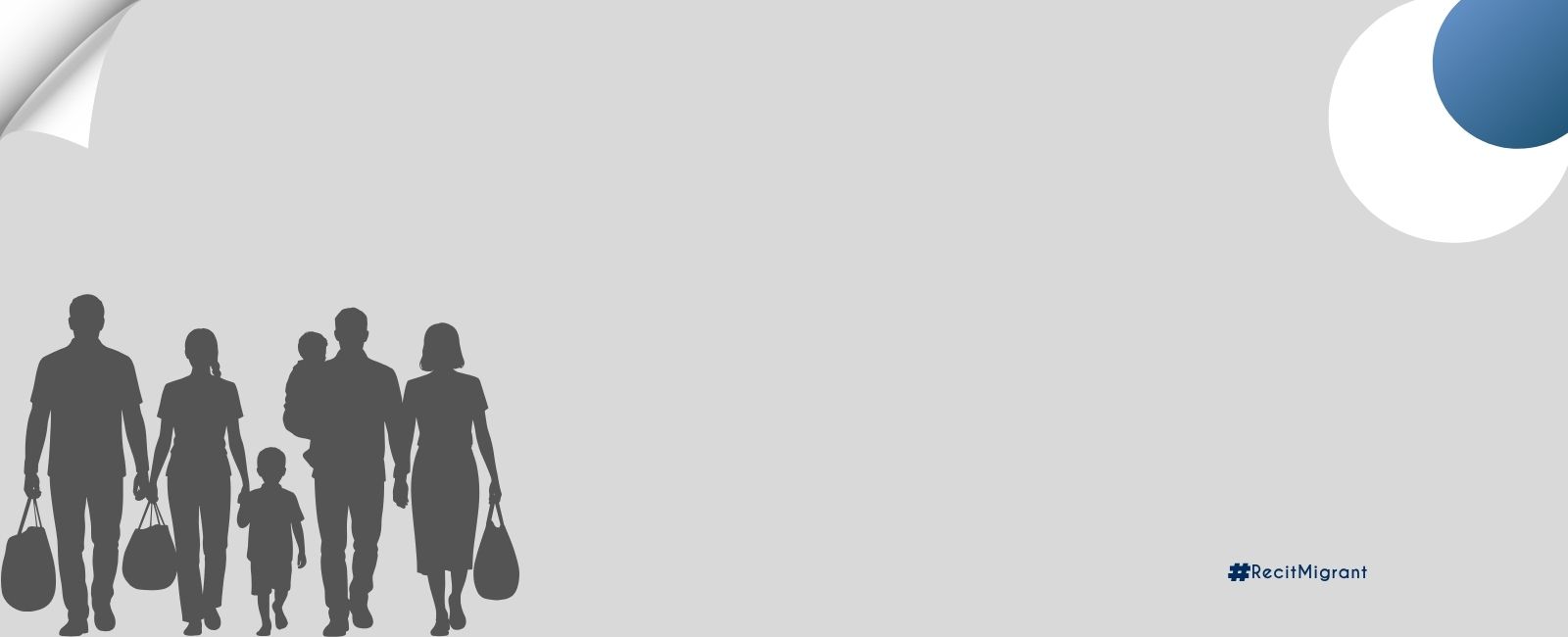

Beyond fear-driven narratives and statistics, the story of migration is being told through initiatives that inspire hope and encourage civic engagement. These initiatives are also taking political action that is redefining the boundaries of solidarity. This month’s press review covers locations ranging from Dakar and Tunis to Madrid and Washington. It highlights the journeys and struggles of migrants, reminding us that human mobility is, above all, a story of dignity.
On 13 October, the Senegalese Navy rescued 123 migrants from a pirogue approximately 100 kilometres off the coast of Sangomar, Dakar which had departed from a neighbouring country. This rescue operation demonstrates the ongoing commitment to saving lives amid continued departures towards the Canary Islands, Spain. Meanwhile, there is a note of hope in the same country, where 95 seasonal workers left for Spain on 1 October as part of a circular migration programme. This initiative enables workers to reside abroad temporarily before returning home, offering a more balanced and beneficial approach to mobility. Also in Dakar, on 14 October, the NSFC-Iyane Football Academy signed a partnership with the International University of Casablanca, Morocco to provide young people with educational and employment opportunities – a move that reflects the search for practical alternatives to irregular migration.
A diplomatic standoff has emerged between Burkina Faso and the United States. Washington has decided that Burkinabé citizens must now apply for visas in Lomé, Togo – a move that is widely regarded as a sanction in response to the Burkinabé government’s refusal to accept deported individuals. The authorities in Ouagadougou have emphasised their commitment to dignity and their refusal to allow the country to become a “land of deportation”. This stance reportedly reaffirms Burkina Faso’s sovereignty and its demand for respect in international migration relations.
Meanwhile, in Tunisia, the trial of Mustapha Djemali, president of the Tunisian Council for Refugees has reignited the debate over the criminalisation of solidarity. Mr Djemali, a former UNHCR official, is on trial for allegedly “facilitating the illegal entry” of migrants while registering asylum seekers under a UN mandate. The case has raised concerns about the freedom of action of human rights defenders and the recognition of humanitarian work in Tunisia.
Further north, the situation in the Mediterranean remains tense. In Libya, the NGO Sea-Watch has reported an increase in violence by the coastguard towards migrant boats and humanitarian vessels. Over sixty violent incidents have been recorded since 2016, reflecting a system in which security takes precedence over protection. In the same area of the Mediterranean, migrants rescued by the Italian coastguard have reported being victims of an armed attack in Maltese waters. This incident highlights the region’s growing complexity and danger.
Debates over migration remain heated in Europe. On 14 October, sixteen organisations – including Médecins du Monde and Utopia 56 – filed an appeal with the Council of State to challenge the so-called “One-for-One” British-Franco Migration agreement. They describe this agreement as a ”shameful agreement”. They argue that this exchange of migrants between London and Paris amounts to an undignified form of bargaining. Meanwhile, a report from the United Nations Committee on the Rights of the Child has denounced serious violations of the rights of unaccompanied foreign minors in France, highlighting the urgent need for better support. However, some initiatives reveal a different side to hospitality. In Rennes, for example, a group of migrant farmers, mainly from Côte d’Ivoire and Cameroon, cultivates the land and shares its harvest with families in precarious situations, illustrating integration through solidarity.
At the Afro Madrid 2025 international conference in Spain, the important role of Afro-descendants as agents of social change was emphasised. Seizing the opportunity, the Spanish government unveiled a new strategy for Africa centred on vocational training and combatting racism – a stark contrast to the surge of restrictive policies witnessed elsewhere in Europe.
Similarly, the European Union unveiled its ‘New Pact for the Mediterranean‘, an initiative intended to strengthen cooperation and human exchange between the two regions. Only time will tell whether these ambitions will result in policies that genuinely respect the rights and aspirations of people in the Global South.
Migration surveillance in the United States is taking a new turn. The Immigration and Customs Enforcement Agency (ICE) is planning to expand its monitoring of social networks by hiring new contractors to analyse online posts and strengthen targeted operations. Meanwhile, on 2 October, Apple removed several apps that allowed users to report the movements of immigration police, thereby reducing opportunities for civic transparency regarding these controversial practices.
Meanwhile, migration continues to be depicted in different ways on social media. Young Africans are sharing videos of their journeys on platforms such as TikTok, Instagram and Facebook. These videos oscillate between glorification and disillusionment. While these narratives raise important questions, they also demonstrate migrants’ determination to take ownership of their own stories rather than allowing them to be dominated by fear or pity.
From Africa to Europe to the Americas, these developments remind us that migration is a social issue of dignity and shared humanity, rather than merely a matter of borders. Sharing stories of mobility helps us remember that every departure is driven by hope, and that every act of welcome carries a shared responsibility.


